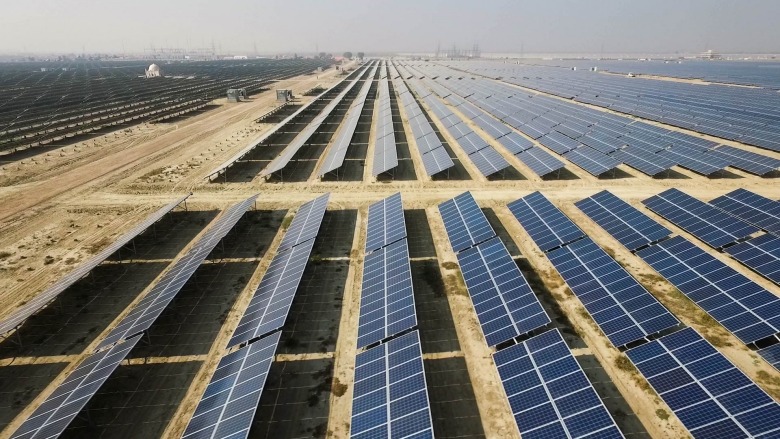ISLAMABAD: Pakistan has total solar energy potential of around 2,900 gigawatts, which can be harnessed to meet the growing energy needs of the country, which are mostly met by power produced on foreign-exchanging draining and environmentally-damaging fossil fuels. Eng Khuda Bukhsh, Senior General Manager, Engineering Development Board (EDB), said Pakistan’s renewable energy development policy envisages meeting the country’s energy shortfall through exploiting alternative sources, manufacturing the parts used in production processes and creating employment opportunities.
He said currently wind energy sector had limited capacity in Pakistan, and the installed capacity of solar was still quite low. He said that power sector regulator, National Electric Power Regulatory Authority (Nepra), had prepared the Indicative Generation Capacity Expansion Plan (IGCEP) 2021-30 to increase the share of alternative energy sources, particularly solar, to the national grid by 2030.
He further explained that the installed capacity of solar was 400MW as of May 2021. However, consumption was noted four to five times more than the installed capacity.
He maintained that imported capacity of solar was 6,000MW, and this difference was due to the use of solar in the off-grid application or net metering. He stated that import substitution was also considered in this policy. “Total value addition will be 15%-20% under this policy. Localisation of solar and its allied equipment will increase and become feasible.” “Customs duty and taxes are exempted at the import stage for solar cells and panels. Still, duty on allied equipment is imposed at different stages,” he pointed out. It is pertinent to mention here that World Bank has provided $100 million in financing for the Sindh Solar Energy Project, which supports utility-scale solar electricity, distributed solar on and around public buildings, and solar home systems for households with little to no grid connectivity. –INP






